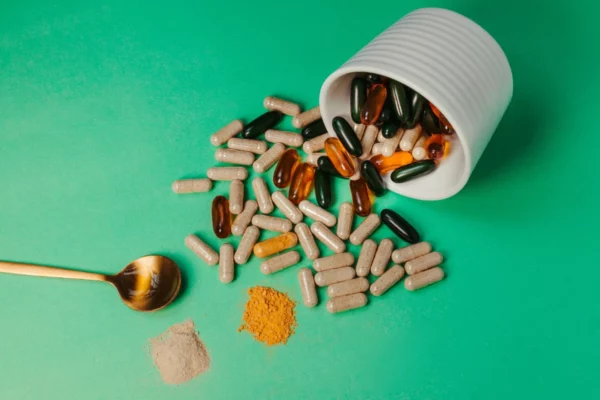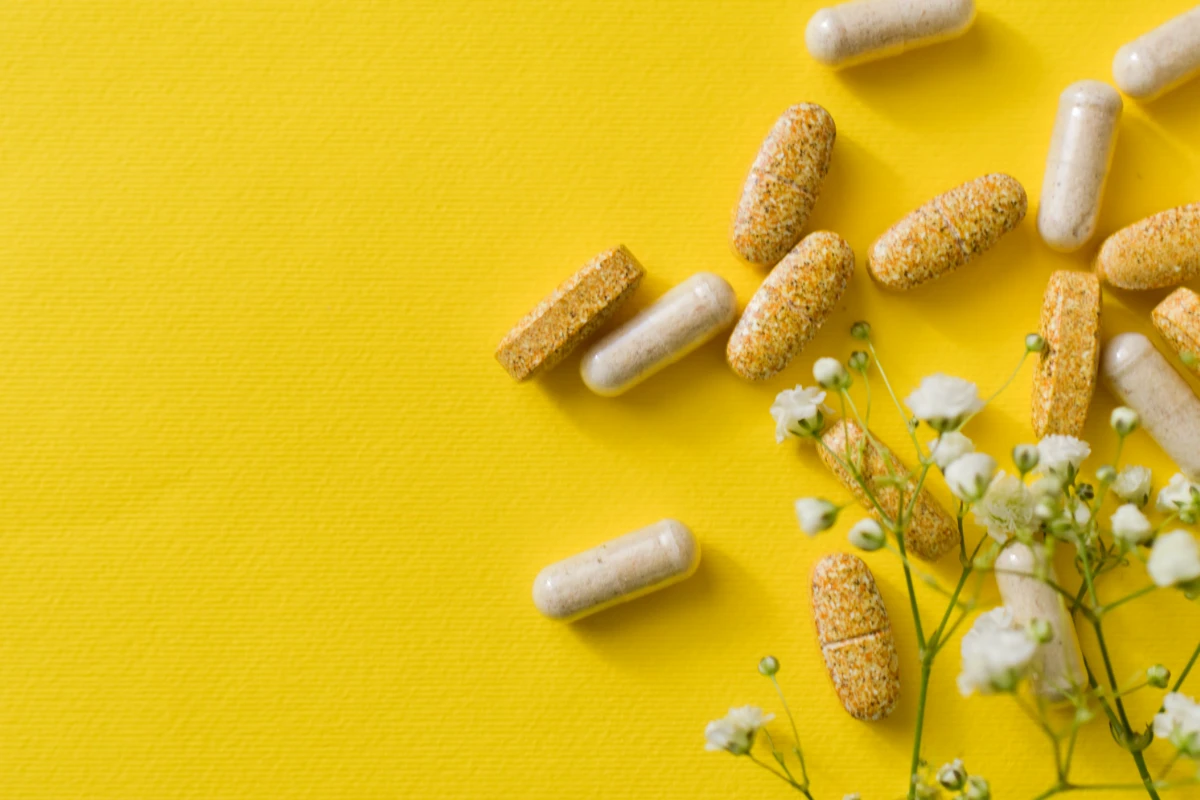Introduction
Maintaining a healthy digestive system is crucial for overall well-being. One key component of digestive health is dietary fiber, which comes in two primary forms: soluble and insoluble dietary fiber. While consuming enough fiber through a high-fiber diet is ideal, up to 92% of Americans do not consume enough dietary fiber daily. Some individuals may use fiber supplements to bridge the gap if they struggle to obtain enough fiber from whole foods. In this blog post, we will explore the effectiveness of fiber supplements, particularly concerning various health benefits and conditions such as weight management, digestive issues, and heart health.
Understanding Fiber Supplements
Fiber supplements are available in different forms, including powders, chewable tablets, and capsules. The most commonly used type of fiber supplement is psyllium husk, which contains both soluble and insoluble fiber. Soluble fiber dissolves in water, forming a gel-like substance in the digestive tract; the gel-like substance coats the sides of the small intestine and helps delay the absorption of sugars and other dietary macros. Insoluble fiber passes undigested into the large intestine, feeding your microbiome and adding bulk to stool, aiding in regular bowel movements.
Timeframe for Results
The time it takes for fiber supplements to work can vary depending on several factors, such as the type of fiber, the individual’s overall health, and the specific health condition being addressed. Generally, fiber supplements can exert their effects within a few days to a week. However, it is essential to note that individual responses may differ.
In a 2017 study, the authors note that some targeted diets using plant foods found that a diet rich in soluble fiber, plant sterols, and vegetable protein sources, such as soy and nuts, reduced LDL cholesterol by an average of 28.6% in just four weeks.
Health Benefits and Conditions
1. Digestive Health: Insoluble fiber in fiber-rich foods and supplements helps promote regular bowel movements, preventing occasional constipation and potentially reducing the risk of chronic constipation. On the other hand, soluble fiber aids in softening stool, making it easier to pass. This can benefit individuals with digestive issues such as irritable bowel syndrome.
2. Weight Management: Fiber-rich diets and fiber supplementation can contribute to weight loss and weight management. Fiber is a natural GLP-1 agonist. It adds bulk to meals, increasing feelings of fullness and reducing calorie intake. It also slows down digestion, helping to control blood sugar levels and preventing spikes in insulin release, which can lead to fat storage. However, combining fiber intake with a balanced diet and regular exercise is essential for optimal results.
3. Heart Health: Soluble fiber has been linked to lower cholesterol levels, specifically low-density lipoprotein (LDL) or “bad” cholesterol. Regular consumption of soluble fiber through a high-fiber diet or supplements can help reduce the risk of heart disease by improving lipid profiles.
4. Blood Sugar Control: Both soluble and insoluble fiber can play a role in maintaining healthy blood sugar levels. Soluble fiber slows down the absorption of sugars, promoting glycemic control. Insoluble fiber aids in digestion, preventing rapid spikes in blood sugar levels after meals. This can be particularly beneficial for individuals with diabetes or those at risk of developing the condition.
Conclusion
Fiber supplements can provide additional benefits when included as part of a balanced diet and healthy lifestyle. They can help bridge the gap between dietary fiber intake from whole foods and the recommended daily fiber intake. While results may vary, fiber supplements can begin exerting their effects within a few days to a week.
While dietary fiber is almost universally good for your health, there is too much of a good thing. When increasing the amount of dietary fiber, it’s essential to increase the amount consumed slowly to allow your body to adjust to this change in your diet. It is always a good idea to consult a healthcare provider before starting any dietary supplements, including fiber products. Remember to drink plenty of fluids when consuming fiber supplements to promote proper digestion and bowel function.
References:
1. Yokoyama Y, Levin SM, Barnard ND. Association between plant-based diets and plasma lipids: a systematic review and meta-analysis. Nutr Rev. 2017 Sep 1;75(9):683-698. doi: 10.1093/nutrit/nux030. PMID: 28938794; PMCID: PMC5914369.









